American Meadows donates unsold plants, resulting in 0% organic waste
American Meadows and its sister company, High Country Gardens, are driven by their shared purpose of doing good through gardening. This season, their plant donations have supported the creation of new community and memorial gardens, habitat restoration, and educational initiatives.
These contributions have benefited approximately two dozen recipients, including urban gardening organizations in Chicago, Philadelphia, St. Louis, Taos, Santa Fe, and Salt Lake City.
“The continued support we’ve received from High Country Gardens has been instrumental in advancing our Bee Campus goals, helping us to engage our students, faculty, staff, and community members,” said Alejandra Villalobos, Ph.D., UNM-Taos Director of Strategic Initiatives and Research, one of the two dozen plant donation recipients this spring.
“Sending organic materials to landfills creates consequences that are counterproductive to our purpose,” said Tabar Gifford, Master Gardener and Partnership Cultivator at American Meadows and High Country Gardens who has been leading this initiative.
When discarded into a landfill, organic materials, such as food scraps, yard waste, and unsold plants from the agricultural and gardening industries decompose anaerobically (without oxygen). This creates methane emissions, a greenhouse gas that is 80 times more powerful than carbon dioxide according to the Environmental Defense Fund. Additionally, leachate is produced, a liquid that contains harmful chemicals and pollutants, which can seep into groundwater, potentially contaminating drinking water sources and harming ecosystems.
American Meadows wanted to prevent this negative impact, while also supporting their purpose.
“We committed to giving these plants a second chance,” Gifford said. “Rather than dispose of them, we’ve worked to donate these perishable products to over two dozen organizations and community groups around our greenhouse locations.” This year, both companies were able to find homes for 100% of unsold plants, resulting in over 15,000 plants and bulbs finding their way to new homes. “Bringing communities together while adding beauty and ecological benefits was a big motivator for us.”
The benefiting communities and organizations have shared their experiences and how they’ve used these plants. Tom Kassan, working with the Avon Land Trust in Connecticut, is leading efforts in his town to restore public spaces and said: “The community is going to benefit from the native plant donation in many ways. Since we created the garden right at the trailhead, anyone who comes to the property to hike or bird watch from the gazebo will be able to enjoy the pretty garden growing alongside Hopefully that inspires others to plant a native garden at their house, or do something similar in a different community.”
Plants donated to the St. Louis Community College’s Meramec Horticulture Program have provided numerous hands-on learning opportunities, enriching the student experience. “Much of our curriculum focuses on native plant horticulture and healthy ecosystems, so the species of natives and nativars that were donated really helped us improve and increase the diversity of our herbaceous perennial collection,” said Carrie Coyne, Horticulture Program Facilitator.
Sally McCabe, Associate Director of Community Education at the Pennsylvania Horticultural Society, said: “Distributing bulbs at the recent Green City Teachers training means new experiences for the participants, who have taken them to as many as 75 school, community, and home gardens.”
Nancy King of Ghost Ranch in New Mexico said: “This past spring, we embarked on a mission to restore vegetation on the inhabited areas of the ranch to cool and beautify the landscape. Incorporating High Country Gardens native xeriscape plants has been a critical step in restoring vegetation while responsibly managing water use and ensuring that the plants are sustainable and long-lasting.”
Hannah Whitney of Wasatch Community Gardens (WCG) said: “The plants and bulbs were used on the WCG’s Campus in Salt Lake City and at a number of community gardens managed by WCG as well as at some school gardens that we support. The donated plants will bring beauty, joy, and pollinators to our gardens!”
Awareness of these environmental challenges has been gaining momentum. Vermont, home to American Meadows and High Country Gardens headquarters, was the first state to pass the Universal Recycling Law (Act 148) which banned all food scraps from the landfill after 2020. In June of 2024, the USDA announced a new national strategy for reducing food loss and waste and recycling organics to reduce organic waste, reduce climate pollution, and ultimately save money for families and businesses alike.
To see the full stories from the plant recipients, learn about their missions, and see photo updates visit the Doing Good Through Gardening Hub.


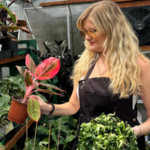


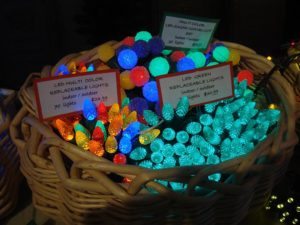
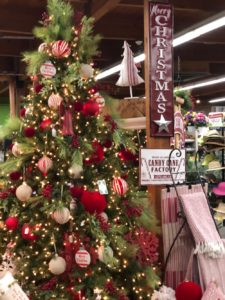
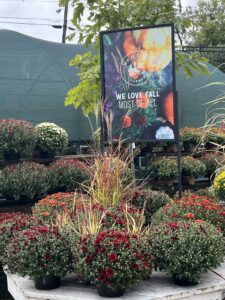
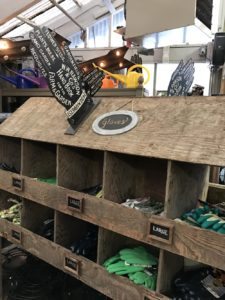
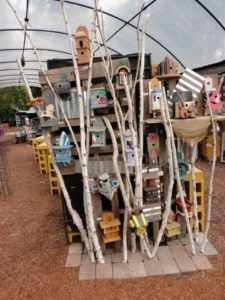
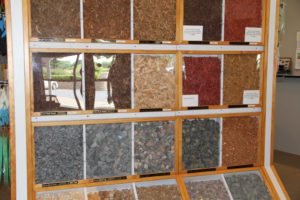

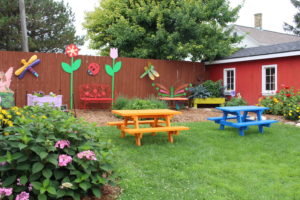
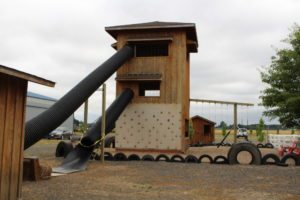
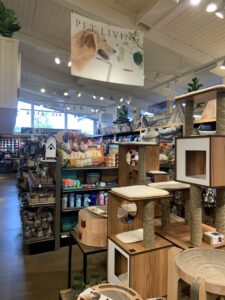

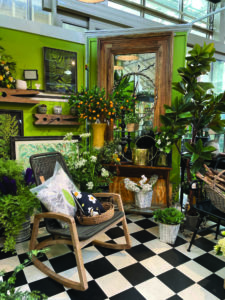
 Videos
Videos





